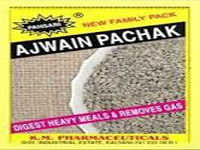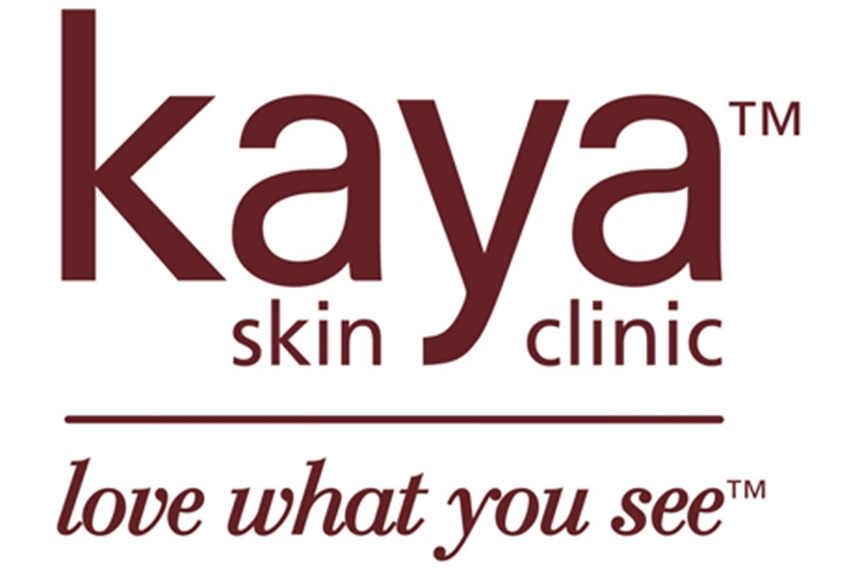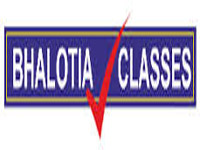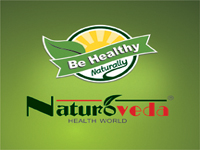Is sanitization required after covid?
Introduction
A pandemic called COVID-19 has spread worldwide, and it’s going to apply even more. In this case, one can’t be sure that the information they get is accurate. COVID-19 is a virus that can be spread by sharing information. This can lead to many questions about which method to use to clean and disinfect against COVID-19. The only thing that can keep people safe in these dark times is to teach them how to avoid COVID-19. Make sure you follow these tips to support the new Coronavirus at bay.
The Indian government has been telling people to stay inside and only go outside if essential. People are advised to stay inside. These steps are a great way to stop the spread of Coronavirus and break the chain of transmission.
When you have to leave the house, in this case, make sure that you keep at least 6 feet between you and other people. That’s because when someone who has the COVID-19 virus coughs or sneezes, they can spray tiny droplets into the air. Air that you breathe in can be hazardous.
The COVID-19 virus can spread if you don’t keep your hands clean and follow the prevention tips above. You can also disinfect and sanitize your home to lessen your chances of getting it. A few tips regarding ‘Is sanitization required after covid?’:
- One should think about decontaminating entrance lobbies, escalators, elevators, corridors and staircases, security guard booths, and other places where people come in and out of offices and apartments. Clean these surfaces with 1 percent sodium hypochlorite or phenolic disinfectants to get rid of germs.
- Metal surfaces should be cleaned with 70% alcohol-based solutions. These surfaces may have security locks, keys, machines, and other things on them.
- You should clean the parts of your body that are touched a lot at least twice a day. These areas may have elevator call buttons, intercom systems, tabletops, chair handles, dispensers, handrails, and so on. Dip a piece of cloth in 1 percent sodium hypochlorite, wipe the area down, and then rinse it off.
- Visitors should also be able to clean their hands at a sanitizing station. It is recommended that people wash their surroundings as often as possible. Proper safety should be used when handling chemicals and when cleaning the area.
Conclusion
A dirty surface could have spread the virus to you. If you touch your nose, eyes, or mouth a lot, you apply the virus to your body. Thus, it is best not to touch your eyes, nose, or mouth until you have thoroughly washed your hands.

















